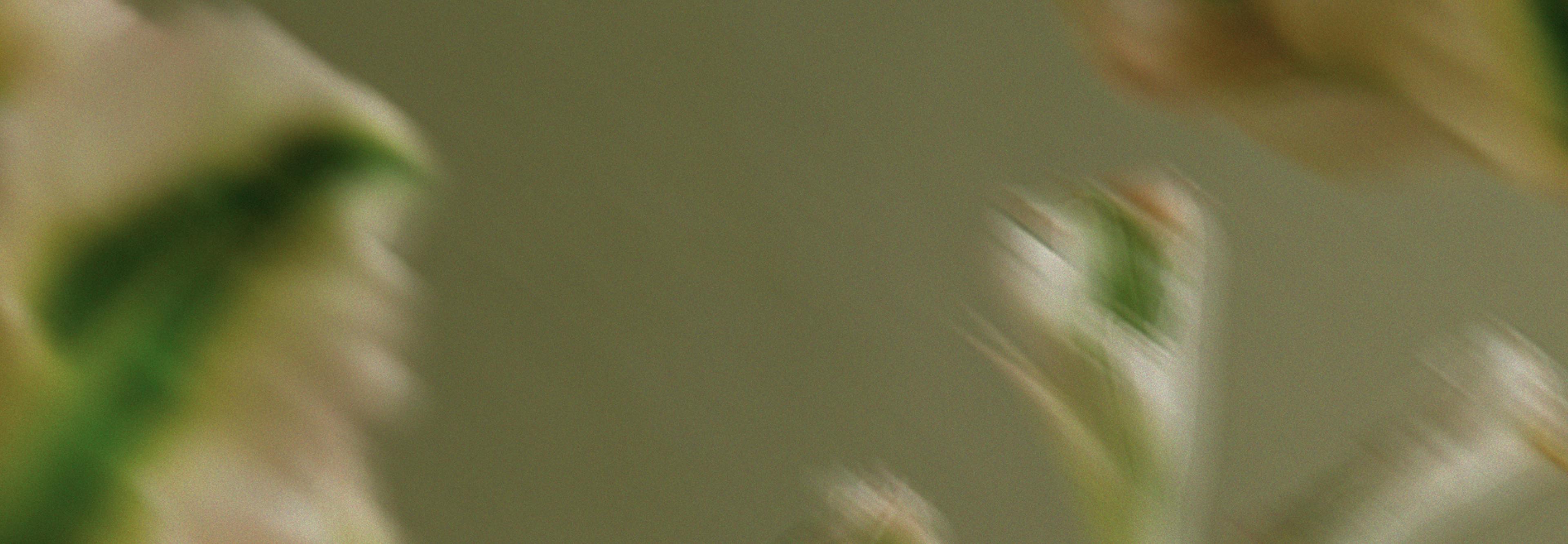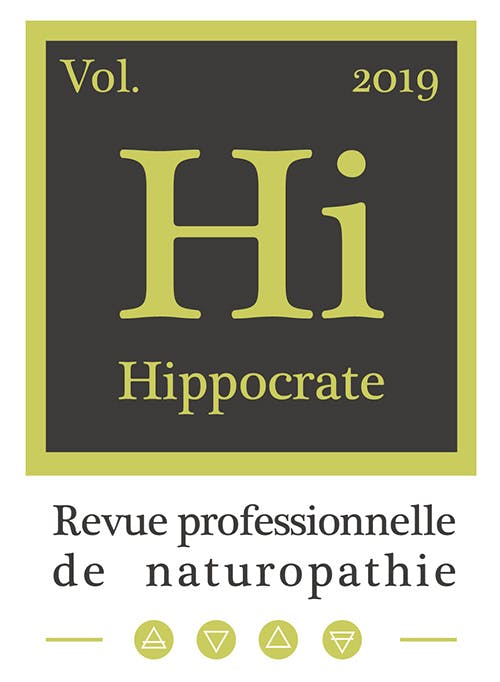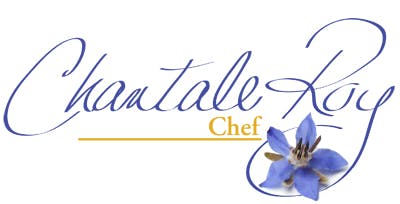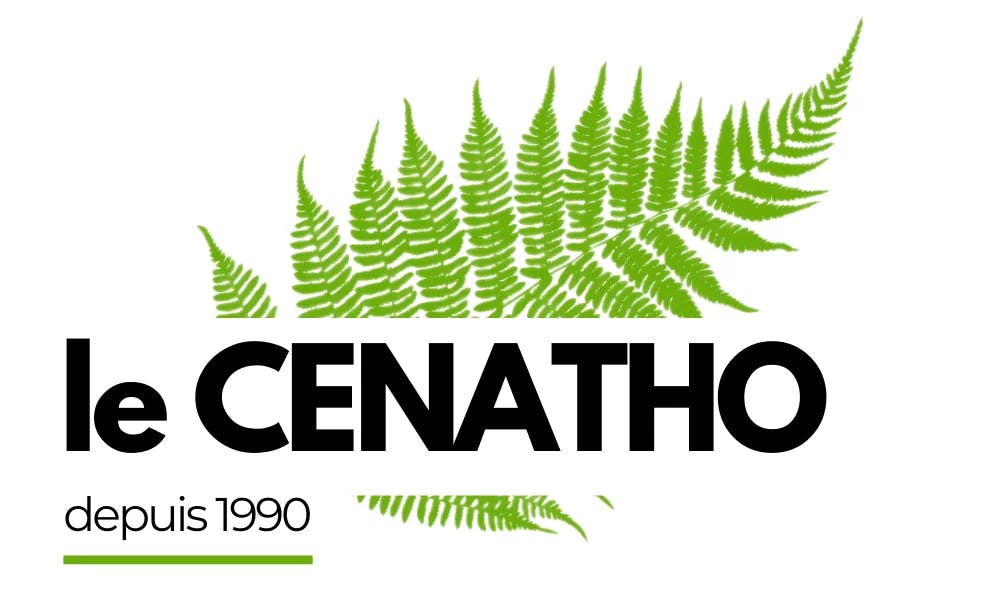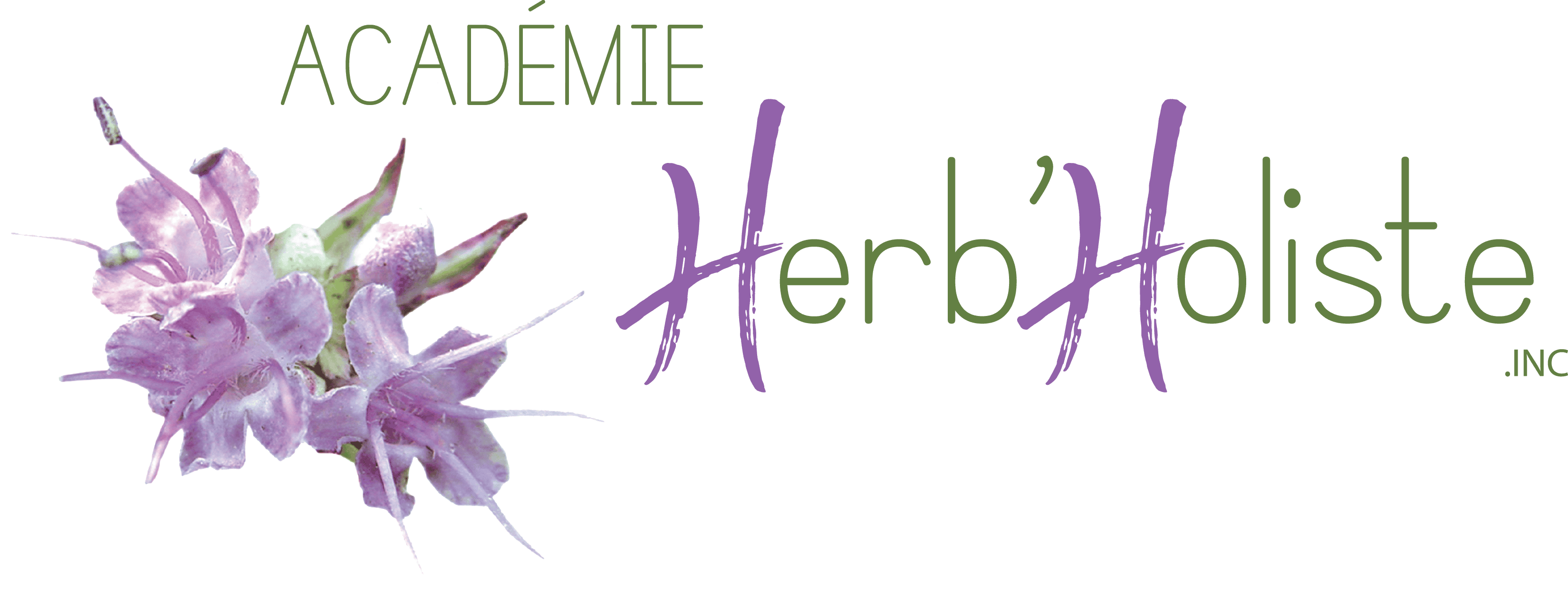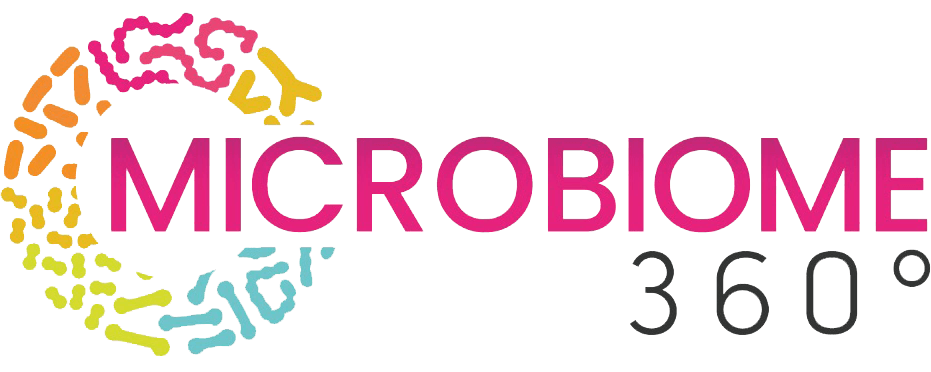Aromatherapy
Overview
Among ancestral therapies, aromatherapy has been one of the most sought after. Not only do essential oils have definite and interesting benefits on the physical level, but they also have a holistic action thanks, among other things, to the subtle sense of smell.
This course outlines the key points of this therapeutic intervention method, covering its history, extraction methods, and various therapeutic uses. It addresses the different properties of essential oils, which are particularly distinguished by their chemotypes according to the diversity and concentration of certain aromatic molecules.
A summary classification of the many therapeutic indications is provided, as well as a materia medica listing the main essential oils used to date.
This course offers students the opportunity to become familiar with a remarkable therapeutic tool that any practitioner may one day turn to, provided they possess sufficient knowledge, since the effects of essential oils are significant and require the utmost attention.
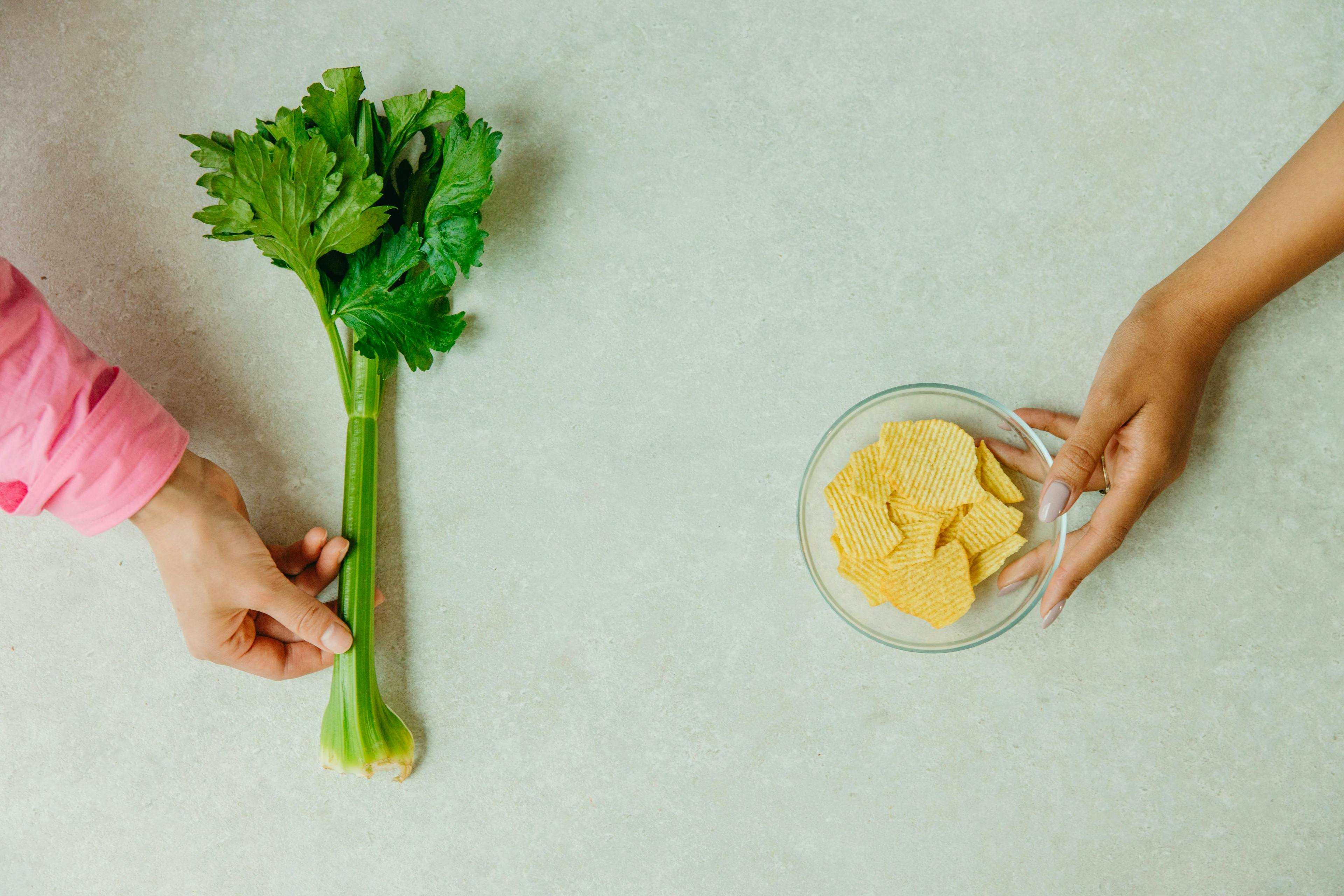
Included teaching methods:
- E-Learning training: an interactive, motivating, and effective learning method.
- Printable course materials
- Online exams
- Access to the student portal
- Videos and virtual library.
Course Content Description
Student Guide
- Cheat Sheet
- Teaching method and assignments
- Course objectives
- References
IntroductionOverview
- Objectives
Chapter 1
· HISTORY
· The Renewal
· Reviewing knowledge
Chapter 2
Chemical and Physical Aspects of Essential Oils
· INTRODUCTION
· DEFINITIONS
· The aromatic plant
· The essence
· The essential oil
· The aromatic hydrosol
Aromatic molecules
· Aromatic Molecules
· (1) The terpenoid pathway
· (2) The phenylpropanoid pathway
CHEMOTYPES
· Definition
· Exogenous factors that create the chemotype
· Example: the thyme family
PLANTS WITH CHEMOTYPES
· The Asteraceae:
· The Lamiaceae:
· The Myrtaceae
· The Poaceae
· Terminology
· Reviewing knowledge
Chapter 3
- Extraction methods
- · Cold expression
- · Supercritical carbon dioxide extraction
- · Percolation or hydrodiffusion
- · Enfleurage
- · Distillation
- · Diagram of a "still" for extracting essential oils
- · Distillation yield
- · Quality criteria for essential oils
- · Reviewing knowledge
Chapter 4
Physical Properties of Essential Oils
· Physical state
· Volatility
· Stability
· Solubility
· Colour
Action on polarized light
· Density
· Resistivity
· pH
· Reviewing knowledge
Chapter 5
Aromatic Molecules
ACTIVE MOLECULES
· Alcohols and phenols
· Phenol-methyl-ethers and ether-oxides
· Ether-oxides
· Acids and esters
· Oxides
· Ketones
· Lactones
· Coumarins
· Phthalides
· Aldehydes
· Terpenes
· CONCLUSION
· Reviewing knowledge
Chapter 6
Physical Properties of Essential Oils
· Physical state
· Volatility
· Stability
· Solubility
· Colour
Action on polarized light
· Density
· Resistivity
· pH
· Reviewing knowledge
Chapter 7
Aromatic Molecules
ACTIVE MOLECULES
· Alcohols and phenols
· Phenol-methyl-ethers and ether-oxides
· Ether-oxides
· Acids and esters
· Oxides
· Ketones
· Lactones
· Coumarins
· Phthalides
· Aldehydes
· Terpenes
· CONCLUSION
· Reviewing knowledge
Materia Medica in Aromatherapy
- ABIES ALBA
- ABIES BALSAMEA
- Abies sibirica
- Allium cepa
- Allium sativum
- Anethum graveolens
- Anethum sowa
- Angelica archangelica
- Aniba rosaeodora parviflora var. Amazonica
- Apium graveolens, var. Dulce
- Apium graveolens, var. Dulce
- Artemisia absinthium thujonifera
- Artemisia arborescens
- Artemisia dracunculus
- Artemisia herba-alba davanonifera
- Artemisia herba-alba thujonifera
- Betula alleghaniensis
- Boldea fragrans
- Cananga odorata
- Chamaemelum nobile
- Chenopodium ambrosioides, var. Anthelminthicum
- Chrysanthemum vulgare thujoniferum
- Cinnamomum camphora cineoliferum
- Cinnamomum camphora, var. Glavescens hayata
- Cinnamomum cassia
- Cinnamomum verum (or cinnamomum zeylanicum)
- Cinnamomum verum eugenoliferum
- Citrus aurantium, ssp. Aurantium
- Citrus aurantium, ssp. Bergamia
- Citrus aurantium, ssp. Bergamia
- Citrus limon
- Coriandrum sativum
- Corydothymus capitatus or thymus capitatus
- Cuminum cyminum
- Cupressus arizonica
- Cupressus sempervirens, var. Stricta
- Cymbopogon nardus
- Cymbopogon winterianus
- Java citronella (herb)
- Eucalyptus campanulata
- Eucalyptus citriodora, citronnellalifera
- Eucalyptus dives piperitoniferum
- Eucalyptus globulus
- Eucalyptus radiata ssp. Radiata cineolifera
- Eugenia caryophyllus
- Foeniculum vulgare ssp capillaceum, var. Dulce
- Gaultheria fragrantissima
- Gaultheria procumbens
- Helichrysum italicum ssp. Serotinum
- Hyssopus officinalis, var. Decumbens
- Inula graveolens
- Juniperus communis, var. Montana
- Juniperus communis, ssp. Communis terpineoliferum
- Laurus nobilis
- Lavandula angustifolia, ssp. Augustifolia
- Lavandula latifolia cineolifera
- Lavandula stoechas
- Lavandula x burnatii, clone super
- Melaleuca alternifolia
- Melaleuca quinquenervia, cineolifera
- Mentha arvensis, var. Piperascens
- Mentha x citrata
- Mentha x piperita, var. Officinalis rubescens
- Myristica fragrans
- Ocimum basilicum, var. Basilicum
- Origanum compactum
- Origanum heracleoticum carvacroliferum
- Origanum majorana
- Pimpinella anisum
- Pinus pinaster
- Pinus pinaster
- Pinus sylvestris
- Petasites officinales
- Rosmarinus officinalis camphoriferum
- Rosmarinus officinalis cineoliferum
- Rosmarinus officinalis verbenoniferum
- Salvia fructicosa
- Salvia officinalis
- Salvia sclarea
- Santalum album
- Santolina chamaecyparissus
- Satureja montana, carvacrolifera
- Thuya occidentalis
- Thymus mastichina cineolifera
- Thymus satureioides borneol-carvacroliferum
- Thymus vulgaris geranioliferum
- Thymus vulgaris linaloliferum
- Thymus vulgaris thujanoliferum
- Trachyspermum ammi
- Zingiber cassumunar
- Zingiber officinalis
- Reviewing knowledge
- Activities #8
French / Latin Essential Oil Dictionary
Latin / French Essential Oil Dictionary
- Index


